Myths about teaching can hold you back
- Year 7
- Year 7
Describing exchange rates with ratio
I can use ratio to describe exchange rates.
These resources will be removed by end of Summer Term 2025.
Switch to our new teaching resources now - designed by teachers and leading subject experts, and tested in classrooms.
These resources were created for remote use during the pandemic and are not designed for classroom teaching.
Lesson details
Key learning points
- Double number lines or a straight line graph can be helpful when determining the ratio.
- There is more than one way to describe an exchange rate.
- An exchange ratio is a practical example of a multiplicative relationship.
- An exchange rate can be thought of as converting between different units of money.
Keywords
Exchange rate - An exchange rate is the rate at which one currency is exchanged for another.
Common misconception
Using multiplication as repeated addition leads to incorrect additive strategies of ratios.
Focus on the multiplicative relationships between parts to whole or whole to parts.
To help you plan your year 7 maths lesson on: Describing exchange rates with ratio, download all teaching resources for free and adapt to suit your pupils' needs...
To help you plan your year 7 maths lesson on: Describing exchange rates with ratio, download all teaching resources for free and adapt to suit your pupils' needs.
The starter quiz will activate and check your pupils' prior knowledge, with versions available both with and without answers in PDF format.
We use learning cycles to break down learning into key concepts or ideas linked to the learning outcome. Each learning cycle features explanations with checks for understanding and practice tasks with feedback. All of this is found in our slide decks, ready for you to download and edit. The practice tasks are also available as printable worksheets and some lessons have additional materials with extra material you might need for teaching the lesson.
The assessment exit quiz will test your pupils' understanding of the key learning points.
Our video is a tool for planning, showing how other teachers might teach the lesson, offering helpful tips, modelled explanations and inspiration for your own delivery in the classroom. Plus, you can set it as homework or revision for pupils and keep their learning on track by sharing an online pupil version of this lesson.
Explore more key stage 3 maths lessons from the Understanding multiplicative relationships: fractions and ratio unit, dive into the full secondary maths curriculum, or learn more about lesson planning.

Licence
Prior knowledge starter quiz
6 Questions
Q1.Complete the sentence: When using a ratio table you find the relationship.
Q2.What number is represented by the question mark in this bar model?
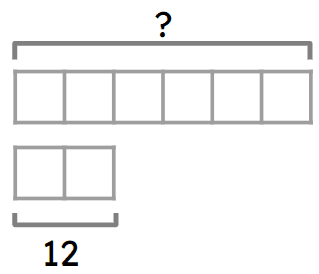
Q3.A bunch of flowers contains red and yellow flowers in the ratio 3 : 5. There are 10 yellow flowers. How many red flowers are in the bunch?
Q4.The ratio of flour to butter to sugar in a cookie recipe is 3 : 2 : 1. You use 180g of butter. How much flour is used?
Q5.Andeep, Sam and Sofia share some sweets in the ratio 3 : 8 : 5. Sam gets 24 sweets, how many does Sofia get?
Q6.The lengths of the sides of a triangle are split in the ratio 3 : 8 : 7. The shortest side is 3.6 cm, what is the length of the longest side?
Assessment exit quiz
6 Questions
Q1.Complete the sentence: The multiplicative relationship between 2 currencies is called the .
Q2.Select the graphs that show a multiplicative relationship.
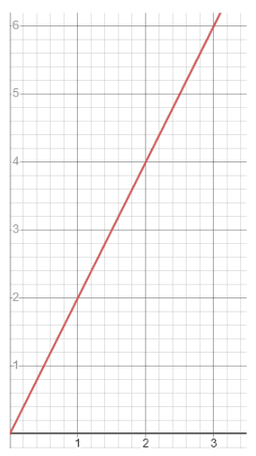
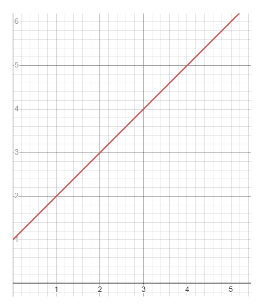
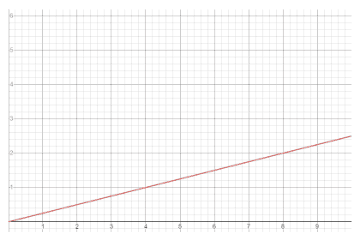
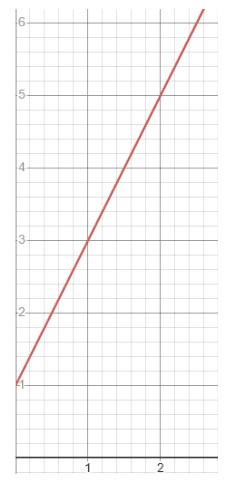
Q3.Use the graph to convert £55 into dollars ($).
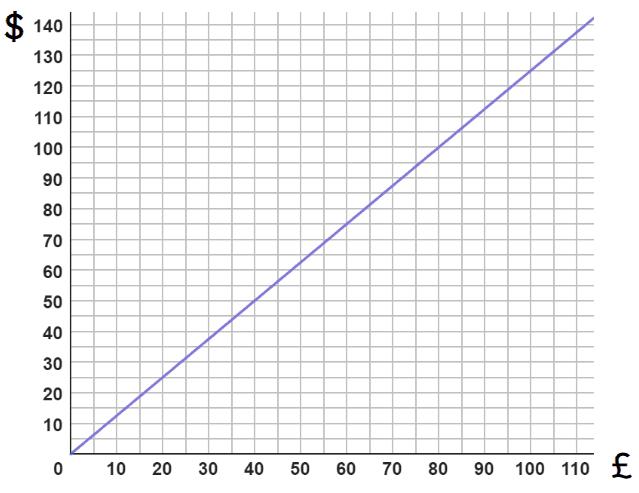
Q4.Use the graph to convert $50 into pounds (£).



